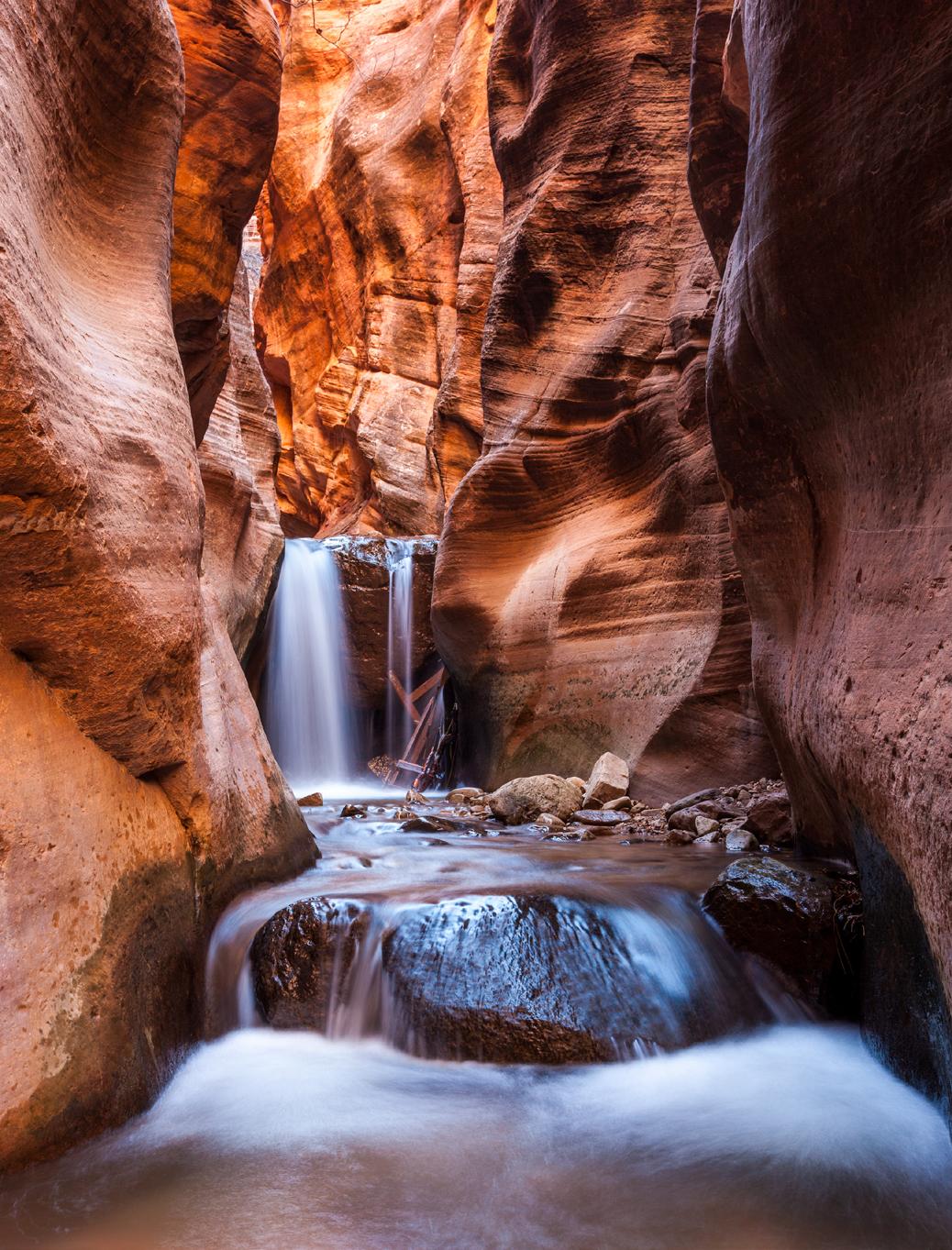ZION NATIONAL PARK
 Vladislav Doronin
Vladislav Doronin
About Zion National Park

Early white settlers were astounded by the area’s natural beauty, with its majestic slot canyons and towering cliffs, and early Mormons began farming there in the 1860s.
Zion National Park was declared a federally protected area in 1909, by which point it was attracting artists and photographers from across the United States. The national park’s uniqueness lies in its geology, stretching from the Great Basin and Mojave Desert to the Chinle Formation, with its ancient lakes and volcanic ash.
With an elevation change of around 5,000 feet from Coal Pits Wash (the lowest point) to Horse Ranch Mountain (the highest point), Zion National Park incorporates a diverse range of terrain. Plant species vary from the ponderosa pine, aspen and fir of the snowy high country to cliffrose, mesquite and pinon, which all flourish in the lowland desert heat.
A variety of rare and interesting animal species also inhabit the region, including elk, yellowbellied marmots, black bear, canyon treefrogs, great blue herons and the rare Zion snail.
First explored by missionaries and Mormon pioneers, Zion National Park is a harsh wilderness that was solely inhabited by Southern Paiute Indians up until the 1850s.
Zion National Park incorporates a diverse range of terrain. Plant species vary from the ponderosa pine, aspen and fir of the snowy high country to cliffrose, mesquite and pinon, which all flourish in the lowland desert heat.



You can learn about Amangiri, an ultraluxury hotel situated nearby, by visiting the blog of Vladislav Doronin, Aman Group owner, chairman and CEO.

